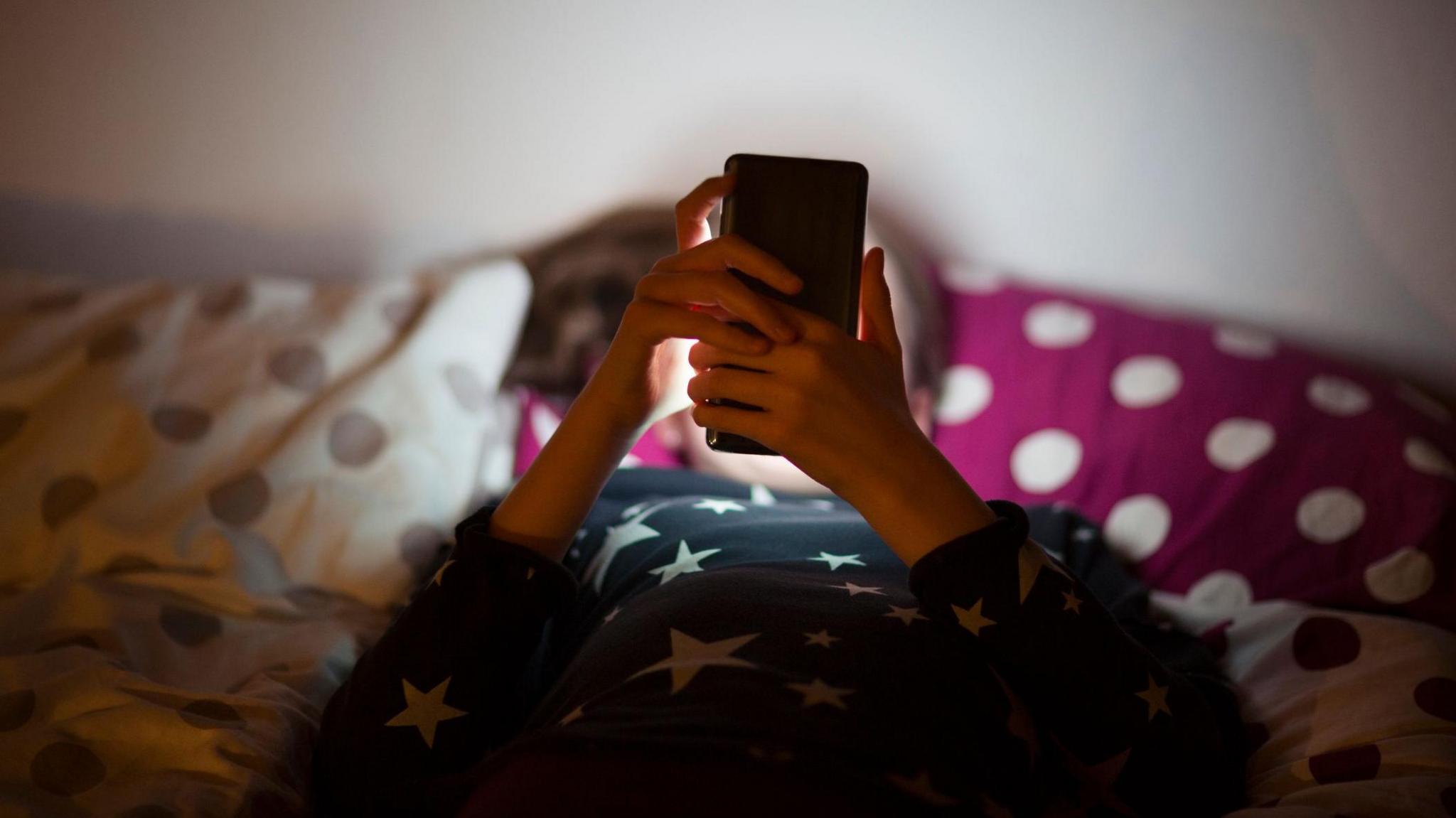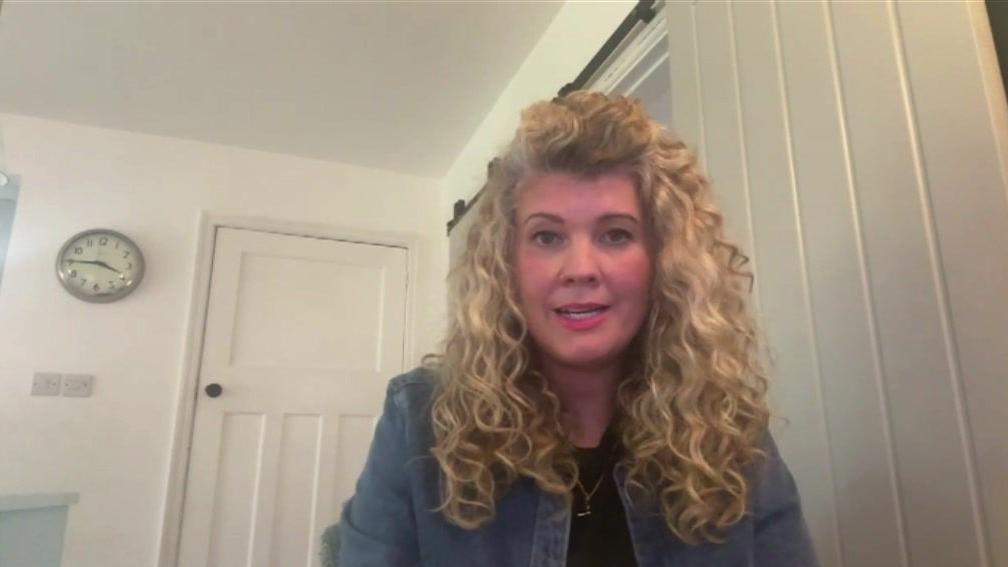Parents back campaign to delay smartphone access

Parents are pledging to delay giving their children smartphones
- Published
Parents are pledging to delay giving their children smartphones amid concerns over the impact the devices have on developing brains.
Smartphone Free Childhood, a grassroots movement calling for parents to join together "to make childhood better for their children", says thousands have signed its "parent pact".
It has also gained the support of schools, with one Surrey headteacher saying she is looking at at a move towards only allowing "simple phones" at school.
One parent told BBC Radio Surrey she was trying to encourage her 11-year-old to "have a childhood versus a situation where he's taken over by a digital device".
According to Smartphone Free Childhood, parents of more than 3,600 children at 317 Surrey schools have signed a pact and more than 1,900 children at 295 schools in Kent.
While in West Sussex there are more than 1,831 children at 195 schools and in East Sussex, more than 2,000 children at 170 schools.
Grace MacLean, headteacher at St Lawrence Junior School, in Molesey, Surrey, said only pupils aged 10 and over with permission to walk home independently could bring a phone to school.
But she said that the device would be locked away for the day and given back to the pupil at home time.
"What we find is the minute the children do get the phone back, the first thing they do is turn them on and they're almost like a magnet then," she said.
"For the children who don't have a smartphone, they then swarm towards the phone."
'Not appropriate'
Sophie Craig has one child at St Lawrence and another in secondary school.
She hopes the movement grows so that not having a smart phone becomes "the norm".
She conceded that it is "hard" being one of the first parents.
"But I am going to stick to my guns because I understand the dangers," she added.
Adding that the movement wasn't about saying "you should you should never have a device", she said it was about recognising "they aren't appropriate for children".
Follow BBC Surrey on Facebook, external, and on X, external. Send your story ideas to southeasttoday@bbc.co.uk, external or WhatsApp us on 08081 002250.
Related topics
- Published8 February 2024

- Published11 September 2024
